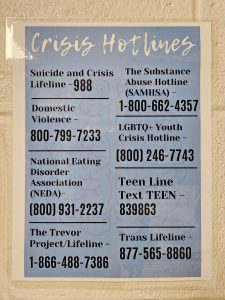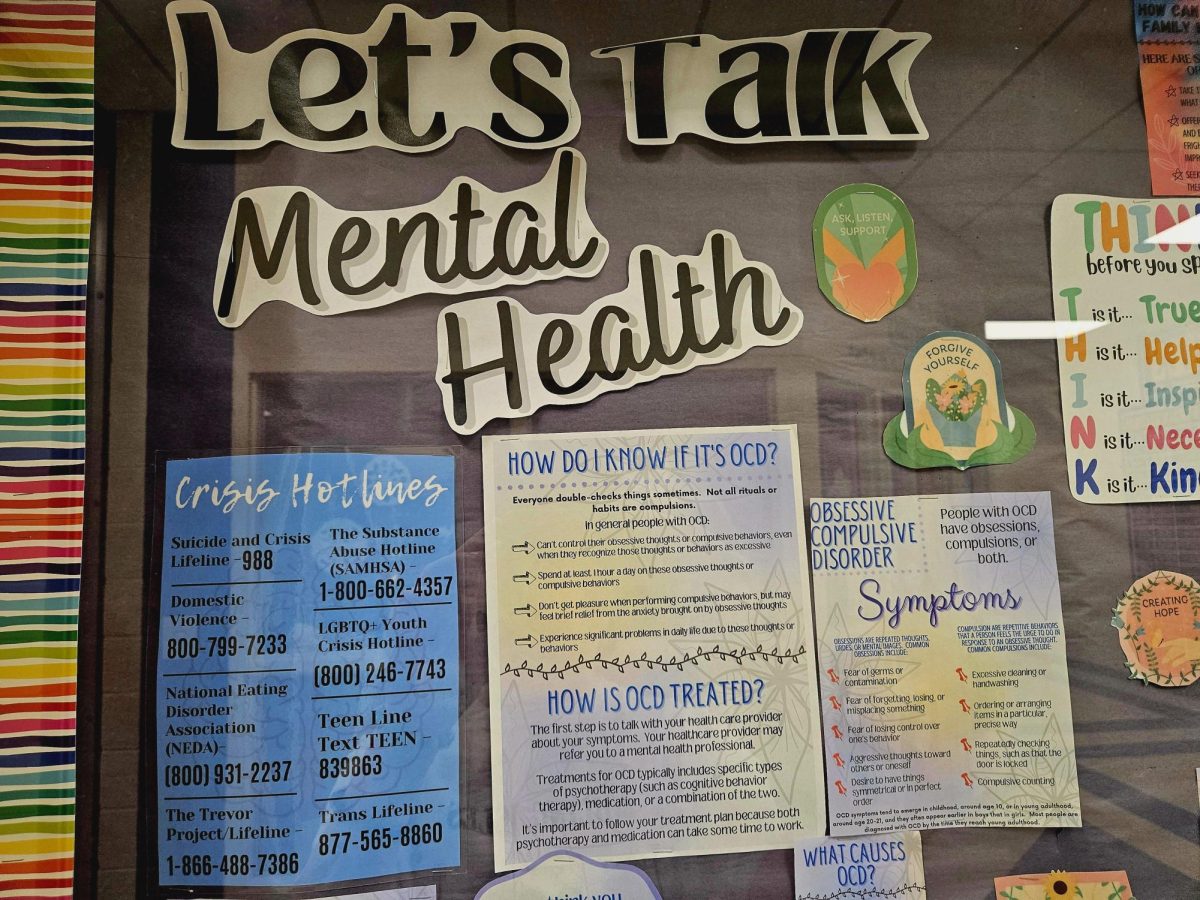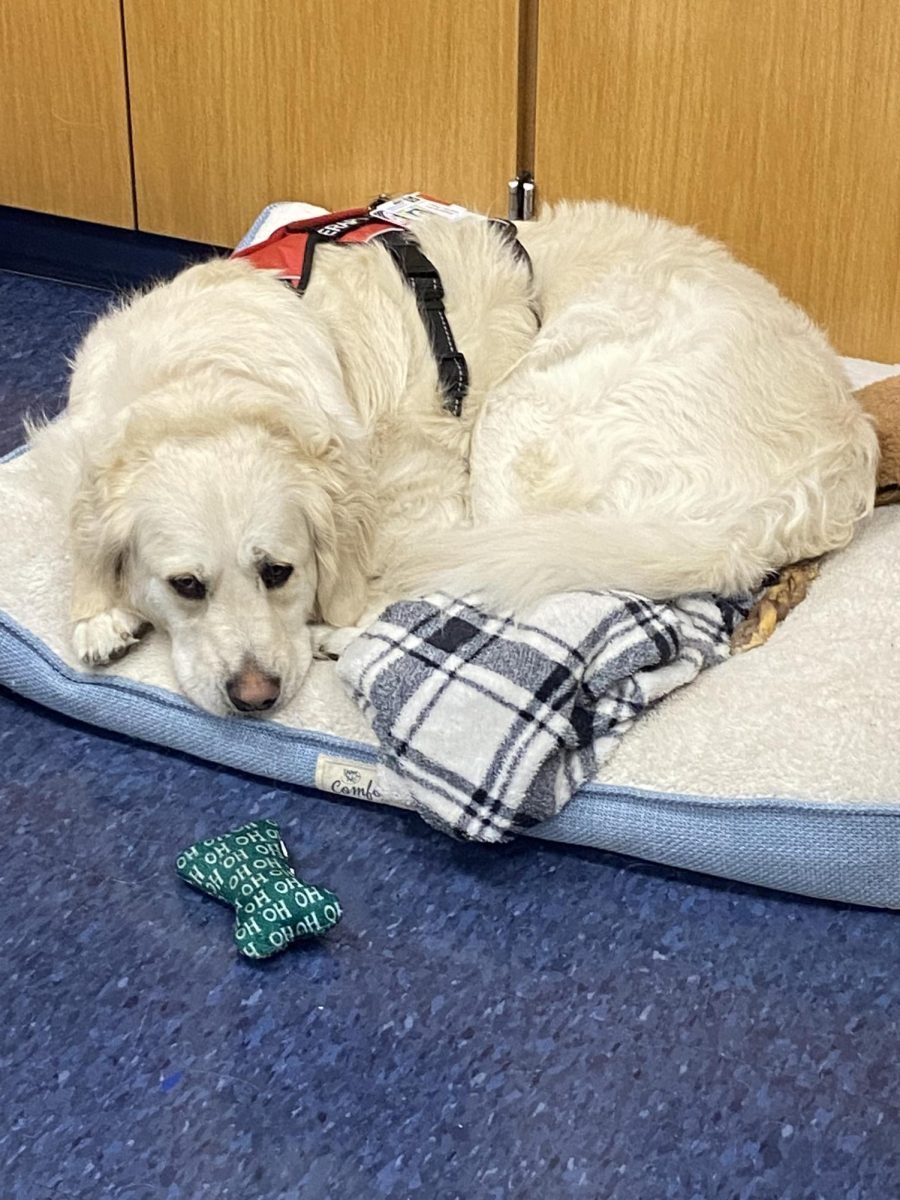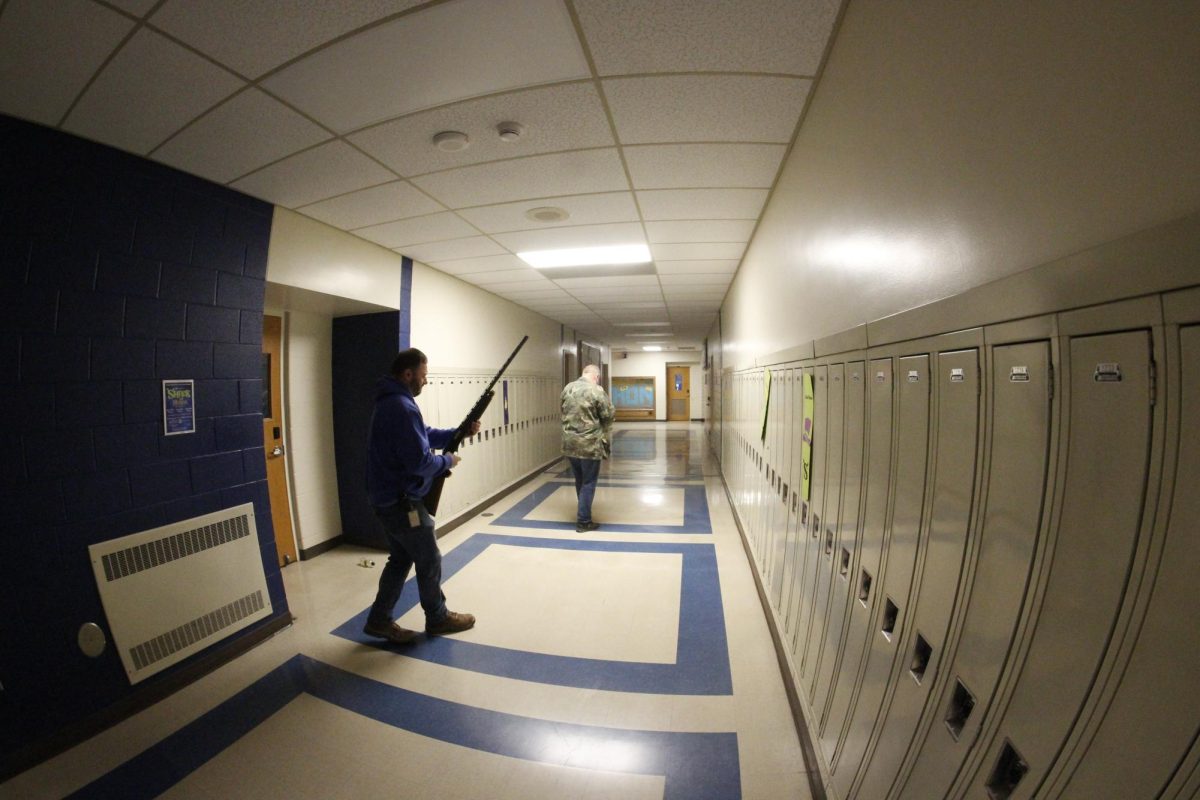Last month, the unthinkable happened when a student at nearby Tyrone Area High School took his own life.
In light of this tragic event, it is important to learn what signs to look for to prevent someone from taking their own life.
Anna Young, Bellwood’s school social worker, reached out and answered some questions on how to prevent suicide.
What are warning signs for suicidal behavior?
According to Young, the most prominent warning signs are the following:
- Withdrawing from family and friends
- Losing interest in activities
- Increased alcohol or drug use
- Giving away possessions
- Expressing anger or overwhelming sadness
- Recent suicide attempts
“People considering suicide may talk about death or suicide often,” commented Young. “They may even joke about suicide. Many people considering suicide are struggling with intense feelings of sadness, hopelessness, or worthlessness.”
How do we help somebody struggling with thoughts to take their life?
“Talking about suicide may feel uncomfortable or scary, but having a caring conversation with a person considering suicide is one of the best ways to help,” Young shared on how to approach the situation.
Her tips to a conversation about suicide include the following:
- Ask them if they are okay and if they are considering suicide
- Ask them if they have a suicide plan
- Avoid dismissing their feelings, telling them to be strong, or referring to suicide as selfish or weak
- Let the person know that they matter and you care
- Talk to them in a non-judge mental way and validate their feelings
- Let them know there is help available
Young also commented on a myth about suicide. “It is a common misconception that talking to a suicidal person about suicide will increase the chance that they will act on suicidal thoughts.”
Who can we tell if we know somebody is planning on taking their own life?
“If you believe someone you know is considering or planning suicide, you should always talk to a trusted adult right away,” stated Young on what to do if you know somebody is suicidal. “If you are in school, you should let a school counselor, social worker, or principal know right away.”
“Many people are afraid to tell someone that their friend or family member is considering suicide because they do not want to break the person’s trust,” she also said, “but you could be saving their life.”
Who can we talk to if we are struggling with suicidal thoughts?
“If you are experiencing suicidal thoughts you should talk to a trusted adult at home or at school. At school, you can talk to any staff member or teacher that you feel comfortable with,” said Young on how to help.
“It can be difficult to share your feelings and it takes a lot of courage but you should know that many people struggle with depression and suicidal thoughts. Seeking help is brave and your life is worth it,” Young stated.

The CDC (Center for Disease Control and Prevention) developed the Suicide Prevention Resource for Action, which lists strategies to prevent suicide. The list is made up of three parts: strategies, approaches, and policies, programs, and practices.
Strategies the prevention recourse mentions include:
- Create protective environments
- Identify and support people at risk
- Improve access and delivery of suicide care
- Lessen harms and prevent future risks
- Promote healthy connections
- Strengthen economic supports
- Teach coping and problem-solving skills
If you experience distress due to mental-health or are concerned about somebody who may, contact the local Crisis center at UPMC Altoona, or download the Columbia Protocol app which will give you a quick suicide screening and contact information for local crisis resources.
Another option is to call the Suicide and Crisis Lifeline at 988, or chat with them here. All calls and texts are confidential and free, and are handled by trained crisis workers. Learn more about the Lifeline on their website.








